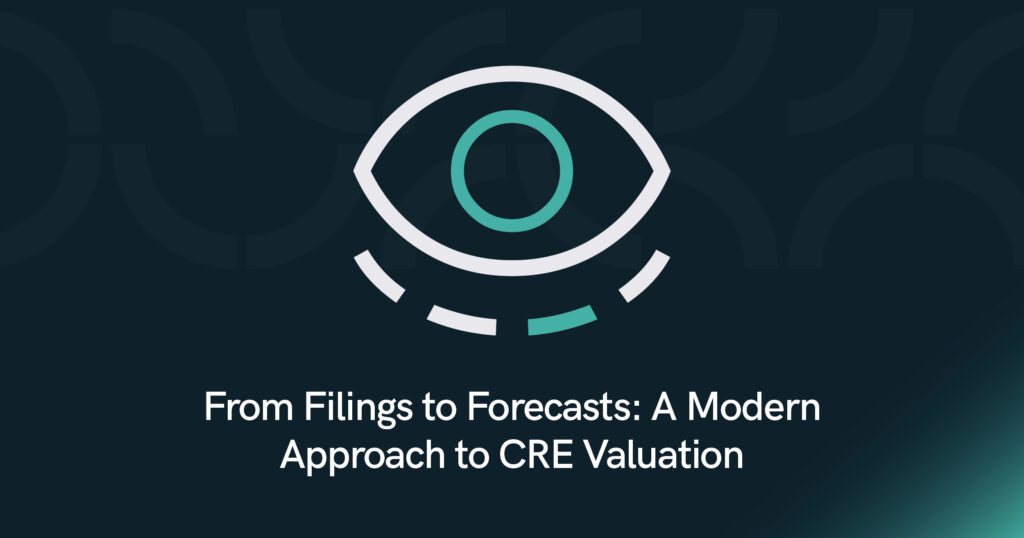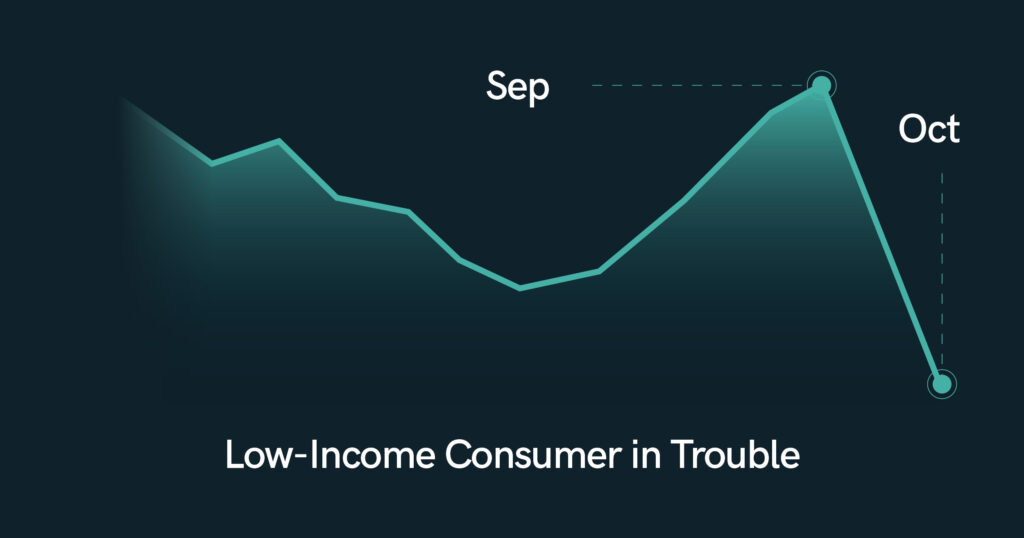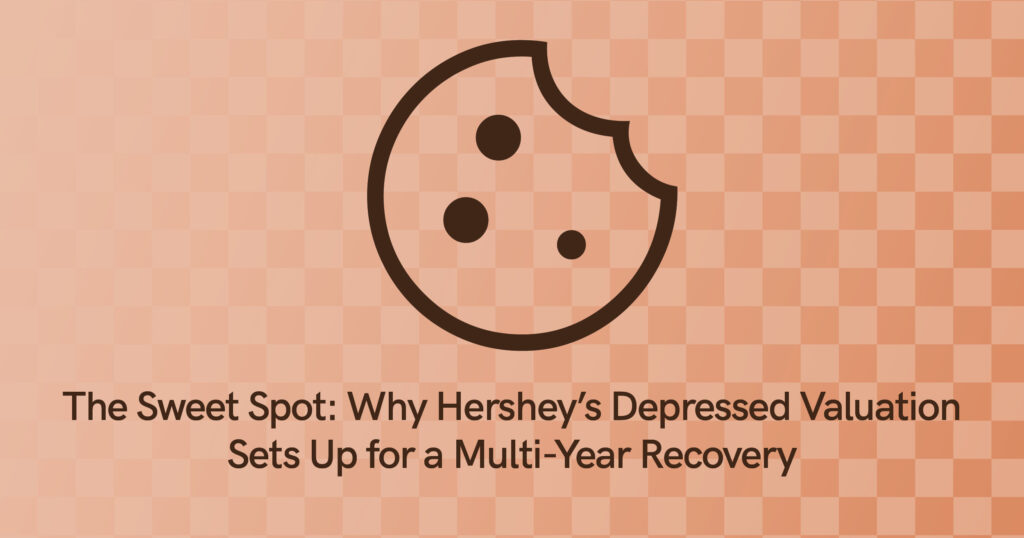A sportsbook’s goal is to attract even amount of bets and dollars on both sides in a game so that they can lock in a risk-free profit. FALSE. The aforementioned fallacy is repeated endlessly, showing the prevailing misunderstanding of sportsbooks’ motivation and economics. DraftKings CEO at an investor conference this week remarked how the last three weeks have proven to be among the worst in their history. The New York sports betting data for November exemplifies the sportsbooks’ struggles as the overall handle increased 36% year over year yet sportsbooks’ GGR (Gross Gambling Revenue) increased only 2% y/y translating to a hold of 7.2% versus 9.5% a year ago.


Public vs. Sharps
The two personas typically referenced are the “public” and “sharps”. The public refers to recreational bettors who gamble for the fun and excitement of the experience. Public bettors want to align their rooting interests with their bets. They bet their favorite players, hometown teams and don’t do elaborate research beyond looking at last week’s box scores.

Sharps are analogous to traditional value investors, Graham Dodd type folks, who in many cases follow the Warren Buffett “cigar butt approach” taking hated underdog teams because the public has driven the spread too high on the betting favorite. Sharps tend to have a mathematical bent following the numbers locking in a positive EV (expected value), ignoring personal biases/loyalties and rooting interests.
How Sportsbooks Calculate the Betting Line
Another fallacy is that sportsbooks endeavor to create a betting line that perfectly predicts the outcome. As an example, if Kansas City Chiefs play the Dallas Cowboys and they set the line at KC -3 and Chiefs win 23-20 then they did a perfect job. Wrong again. In that case, both sides would push (i.e. get their money back) and the sportsbook would make no money on either side. Sportsbooks consider recency bias (how teams performed in most recent week(s)), player/team betting favorites and historical data to steer bets a certain direction to maximize their expected value. Sportsbooks constantly adjust the line to draw money in on certain sides, (taking a proprietary position) like how investment banks will take a proprietary position in a stock because of an analyst and/or trader’s strong opinion.
Public Likes Betting Favorites and Overs
In order to achieve an alignment of their rooting interest, the public overwhelmingly bets on the favorites and overs. Who does not want to root for Patrick Mahomes and lots of touchdowns scored? The public does not run simulations estimating the correct projected score, they want to root for scoring and would be anathema to bet the under regardless of the total. At the right total, sharps will take the under if their expected total score falls under that amount or the underdog against Patrick Mahomes if the other side is getting too many points than they should.
The sportsbooks like to know where sharps are betting just like they want to know where “smart money” is positioned in certain stocks so to not be caught offsides. Sharps can help influence sportsbooks’ own risk appetite if they are aligned on the same side in a game.
Sportsbooks have departments with risk analysts, risk supervisors, traders and heads of trading similar to the major banks on Wall Street. Their goal is to maximize their EV (Expected Value) bets in order to make a profit in the long run. Just like casinos handling a hot run at the craps table or in Blackjack, sportsbooks will have bad days/weeks and good days/weeks as short term runs deviate from the norm.
It is not atypical for sportsbooks to have certain NFL games, often involving the biggest NFL stars and big market teams, where 70-80% of the wagers are on one side. These games typically account for higher volume than other games and are the deciding factors in determining the sportsbook’s success on a given week. Unfortunately for sportsbooks, those games have gone in the public’s favor causing some pretty big losses.

Sportsbooks’ long-term edge comes from their ability to charge a vigorish or “vig” on all bets placed. Traditionally, sportsbooks charge 10% on each bet so that a bettor needs to wager $110 to win $100, translating to a 4.8% edge for the house. Conversely, a bettor needs to win at a 52.4% (110/(100+110)) to breakeven on his/her bets. This edge allows the sportsbook to stomach short term losses like they are currently seeing in the NFL.
Public’s Recent Hot Streak
Favorites in the NFL covered 60% against the spread in weeks 10-13 (November 8-December 4). While betting volumes vary with concentrations typically hitting on big primetime (SNF, MNF, TNF) or featured games and on the heavily followed teams like the Kansas City Chiefs or the Dallas Cowboys (America’s Team). If not for KC Chiefs upset loss at the hands of the Green Bay Packers on Sunday Night Football, sportsbooks would have been in for an even rougher faring

The San Francisco 49’ers drubbing of the Eagles was the most bet side in terms of total dollars at BetMGM and caused a fairly big loss for them and other sportsbooks. According to Caesars assistant director of trading Adam Pullen, “It was our worst Sunday of the year.”
Reversion to the Mean
Sports bettors tend to ride streaks of highs and lows, they bet on the hot teams. Recency bias causes the public to overvalue the last week’s game, especially if it was in primetime, attributing too much to one data point. Further, it assumes the players do not have emotions that go up and down, causing them to be distracted one week while motivated the next. In the end, the public will give back their profits over the ensuing weeks given the house’s advantage. But if not for the highs, the sports bettor would not be so attracted in the first place and return after losing. The sportsbooks have hit a rough patch over the last month but expect that to reverse soon.



